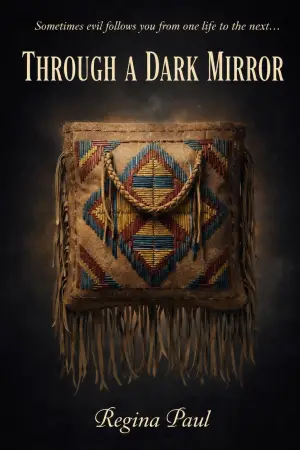I’ve recently finished reading Society of Lies, and as someone who revels in dark academia, this book captivated me from the first page. The allure of secret societies, the complexities of sisterhood, and the haunting atmosphere of an elite college setting promised to deliver an engrossing tale, and let me assure you, it largely did. I was particularly drawn to its exploration of privilege and the hidden darkness that often lies beneath seemingly perfect facades.
The premise centers around Maya, who returns to Princeton for a reunion that turns tragic when her younger sister, Naomi, is found dead. The police deem it an accident, but Maya has her doubts. This twisty narrative immediately grabs your attention and keeps you guessing, much like what Mary A. expressed in her review regarding the captivating plot twists. Indeed, the storytelling weaves back and forth between the past and present, effectively building suspense and intrigue.
One aspect I particularly appreciated was the depth of character development. Each character is layered with their motivations and flaws. Whether they were the privileged elite or struggling to find their place, the book made them relatable, as echoed in Jenni S.’s review that pointed out the darkness lurking beneath their success and wealth. The tension between Maya and Naomi, and the complexities of their relationship, added further emotional stakes to the unfolding mystery. I felt invested in both of their stories and was compelled to keep reading to uncover the truths hidden within their pasts.
However, the pacing of the novel was a double-edged sword. While I loved the atmospheric buildup, I found myself agreeing with KWyly’s review, where they mentioned that things could sometimes feel slow. There were moments that seemed to drag, breaking the otherwise thrilling momentum. Moreover, the elaborate web of friendships and betrayals could get a tad confusing. Like Laura Simmons, I occasionally had to backtrack to remember who was who. I wished for a tighter narrative structure to streamline the intricate storylines, as the multiple POVs sometimes diluted the impact.
The concluding revelations were striking, but they also led to some loose ends that left me questioning a few elements in the plot. It was unexpected, yet for me, an intriguing complexity. Ultimately, I found the ending satisfying, albeit with the sensation that some aspects were left unaddressed, as highlighted by Abel G Arocha’s delight in the unexpected twists.
What truly resonated with me was the atmosphere of dread that enveloped the story; it was a perfect embrace of the dark academia genre. The exploration of privilege and belonging spoke to a broader context that many readers, especially those familiar with elite institutions, could relate to. The haunting questions posed—how far one would go to belong and what secrets might lead to tragedy—made for compelling reading that lingered well beyond the final page.
In conclusion, Society of Lies is an engaging read that satisfies those of us drawn to mysteries wrapped in themes of sisterhood and societal privilege. If you enjoy twisting mysteries that explore the darker corners of character motives and relationships, this book is a worthwhile addition to your reading list. Despite some pacing issues and character confusion, the overall experience was a rewarding one, earning it a solid four stars from me. I’d recommend it to anyone looking to dive into a gripping tale that keeps you questioning until the very end.








